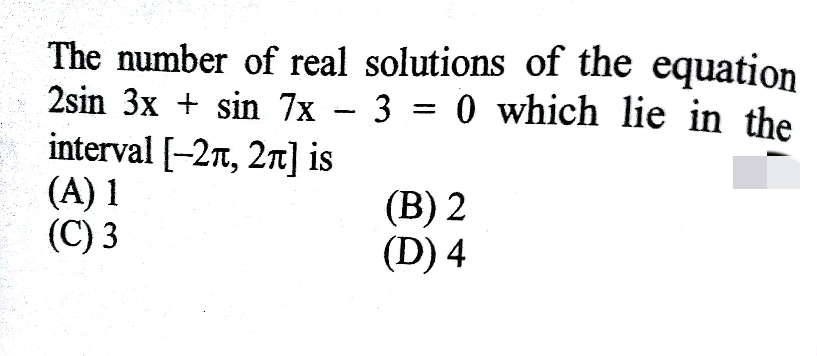
AllQuestion and Answers: Page 1634
Question Number 46383 Answers: 1 Comments: 3

Question Number 46382 Answers: 1 Comments: 0

Question Number 46378 Answers: 1 Comments: 0
Question Number 46374 Answers: 1 Comments: 1
Question Number 46369 Answers: 2 Comments: 1
Question Number 46395 Answers: 1 Comments: 0

Question Number 46358 Answers: 2 Comments: 0

Question Number 46355 Answers: 0 Comments: 0
Question Number 46366 Answers: 0 Comments: 1

Question Number 46365 Answers: 0 Comments: 0

Question Number 46344 Answers: 1 Comments: 5

Question Number 46348 Answers: 0 Comments: 0

Question Number 46338 Answers: 1 Comments: 2

Question Number 46326 Answers: 0 Comments: 1

Question Number 46323 Answers: 1 Comments: 1
Question Number 46308 Answers: 2 Comments: 1

Question Number 46305 Answers: 0 Comments: 0

Question Number 46299 Answers: 2 Comments: 0

Question Number 46293 Answers: 0 Comments: 1

Question Number 46283 Answers: 1 Comments: 0

Question Number 46277 Answers: 1 Comments: 2

Question Number 46297 Answers: 1 Comments: 0
Question Number 46292 Answers: 1 Comments: 0
Question Number 46268 Answers: 2 Comments: 2
Question Number 46330 Answers: 1 Comments: 3
Question Number 46255 Answers: 0 Comments: 3

Pg 1629 Pg 1630 Pg 1631 Pg 1632 Pg 1633 Pg 1634 Pg 1635 Pg 1636 Pg 1637 Pg 1638
